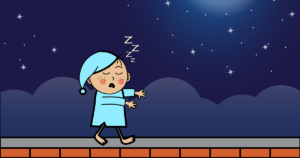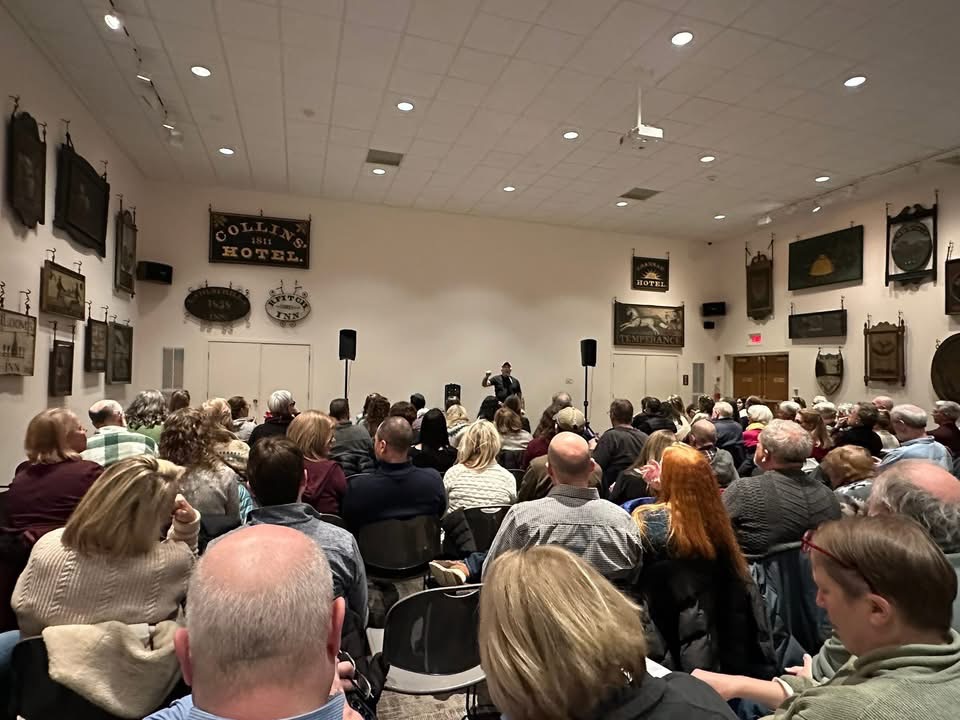I awoke feeling refreshed and happy this morning, as I almost always do. I set my alarm every day for 4:30 AM, but because I maintain a consistent sleep schedule, I nearly always open my eyes a few minutes before the alarm fires off, which I did this morning.
If you’re like most people, you, too, can awaken without an alarm, feeling refreshed and happy if you wake up at the same time every day, no matter what.
No sleeping in on the weekends or vacations.
No snooze alarms.
No falling back to sleep for 12 minutes.
If you arise from bed at the same time every day, it won’t take long for your brain to adjust to your consistent sleep schedule and begin releasing norepinephrine, cortisol, acetylcholine, histamine, and serotonin, which regulate wakefulness, alertness, and body temperature, which create a smooth transition from sleep to wakefulness.
Most people don’t benefit from these chemicals because the brain doesn’t know when to release them.
Why?
They lack a consistent sleep schedule. They sleep later on the weekends. Hit the snooze alarm repeatedly. They linger in bed, slumbering, long after they open their eyes.
This is why most people wake up feeling groggy, confused, uninspired, and tired.
They’re not actually tired. Their brain wasn’t prepared to wake up in the way it was designed.
But I digress.
I awoke this morning, and as I was brushing my teeth, I checked the score from last night’s Yankees game.
“We won 9-7,” I thought as I clicked the app, and lo and behold, I was right.
As I clicked on the boxscore, I thought, “Judge had a home run and four RBIs, and they stole three bases. Grisham had a good game, too.”
Also true. And bizarre. I didn’t recall looking at the score before bed, but did I?
Ten minutes later, my phone was propped on the counter as I cut mango for the kids’ breakfast. I was watching Stephen Colbert’s monologue, and something odd was happening.
I knew the jokes.
I saw them coming like never before.
Then it hit me about a minute before it actually happened:
Stephen is going to play the bassoon. I played the bassoon in high school, so maybe I was conflating my life with this monologue, but then it happened.
Stephen Colbert played the bassoon.
I checked the date on the clip. Last night. Posted just after midnight while I was asleep.
Then I knew.
I’m a sleepwalker. I don’t sleepwalk every night or even every week, but I sleepwalk a lot, and I’ve been known to do some remarkable and ridiculous things like sleepwalking.
I once wrote the first 500 words of the next chapter of one of my novels while sleepwalking, and they are the same 500 words you can find in that book today.
I eat cereal while sleepwalking. Complete chores. Engage in entire conversations with people that are so coherent that the person speaking to me rarely realizes that I am asleep.
Famously, I once spent half an hour in the dead of night with Elysha, debating if we should spend thousands of dollars on spinal surgery for our dog that had less than a 50% chance of being successful. The vet had called and informed us that what was initially thought to be constipation was a ruptured disc requiring immediate surgery.
We agreed to spend the thousands of dollars on the surgery and went back to bed, but I had been sleepwalking the entire time and had no recollection of the conversation.
You can imagine how surprised I was to receive the call in the morning that the first of two surgeries was successful.
So, I sleepwalk—quite a bit, including, apparently, last night. While I was sleepwalking, I apparently checked the Yankees score and watched Colbert’s monologue, and it occurred to me moments later, his interview with Jenny Slate.
Then I found my laundry, removed from the dryer and neatly folded.
The basket of folded clothes wasn’t too surprising. I’ve done chores before. I may have swept the floor last night, too. The broom wasn’t hanging on the hook but was instead learning on the wall in the pantry, and I do about 95% of the sweeping in our home, so it was probably me, last night, sweeping up Cheerios and the tiny screws from Charlie’s most recent reverse engineering project.
But I’ve never found myself with weirdly prescient knowledge like today.
Knowing the boxscore before seeing it. Predicting jokes like I had written them myself. Forseeing the emergence of a bassoon.
It was the most intense version of deja vu I’ve ever experienced, except it wasn’t deja vu.
I’d actually done those things. Maybe more, too. Who knows?
As often as it happens and as unsurprising as it may be, I can’t help but wonder what else I may have done last night while sleepwalking.
Pet the cats? Dined on Cheerios? Watched something else on YouTube?
I’ll never really know.
When you’re a sleepwalker, it’s like you have a second operating system in your brain that occasionally turns on when the first is shut down for the night. You can do almost everything you do with your primary operating system, except it lacks a hard drive to store your memories. You move through the world just like your other self, unbeknownst to the people around you that a secondary operating system is running the machine.
If you watch Severance, it’s probably the closest I’ve ever seen to what it’s like to sleepwalk:
Another version of you exists and is doing things that you will never know or understand.
But here’s the best part:
Even though I was awake and apparently doing chores last night, I still awoke refreshed and happy because I maintain a regular sleep cycle and allow my brain to work on my behalf as it’s designed.
I’m not sure if I would recommend sleepwalking to anyone — though it’s occasionally productive — but establishing a consistent sleep cycle?
I can’t recommend it enough.







